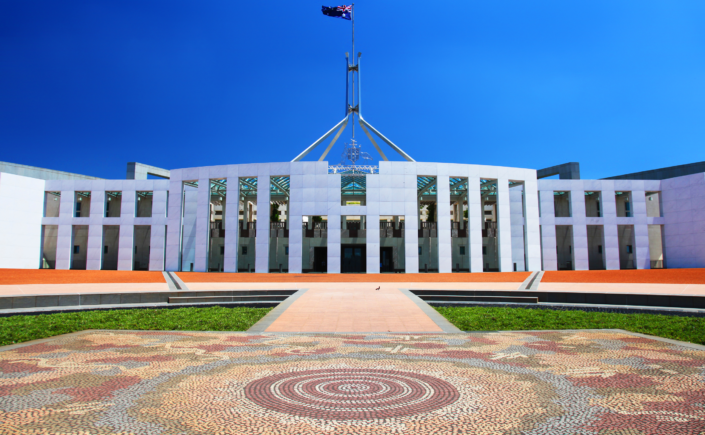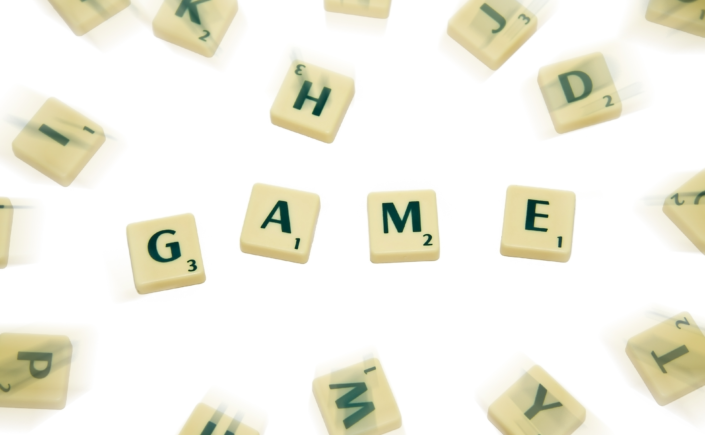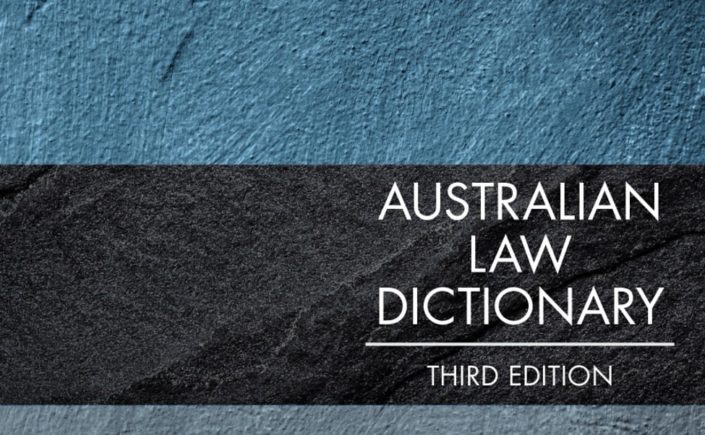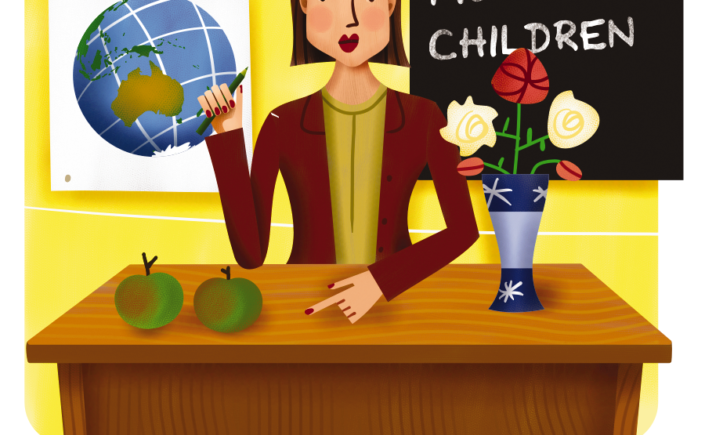Category: Secondary
-

More than words – creating gender balance in the science classroom
By Dr Richard Walding, Griffith University and Moreton Bay College, Brisbane The term ‘gender balanced’ graces the back cover of many educational publications, and the first two editions of my Oxford University Press resource New Century Senior Physics make such a claim. The text has been sold in Queensland over the past 18 years, with…
-

How well do you know the Australian Constitution? Take our quiz to find out
Which provisions of the Australian Constitution reference Australia’s First Peoples? The preamble Section 51(xxvi) Sections 51(xxvi) and 127 None of the above 2. How did the Australian Constitution become law? By a vote of delegates to the Australian Constitutional Conventions By enactment of a British Act of Parliament By approval in a referendum By ratification…
-

There are many reasons to love libraries
Modern libraries can take the form of a local book exchange to a huge community centre, complete with roof gardens and cafes. The reasons why Australians love them are just as diverse. From the smell of books to the friendly librarian, there are plenty of reasons to visit, and to love, our libraries. To mark…
-

The Australian Constitution protects (some of) our rights
The Australian Constitution is distinctive in many ways. These are explored below; for further reading, we suggest the The Oxford Handbook of the Australian Constitution. One feature of obvious comparative interest is the lack of constitutional rights protection. In contrast to constitutions elsewhere, the Australian Constitution contains no preamble, no explicit statements of value, and…
-

Dictionary activities for the classroom
Dictionary games can be a fun and interactive way of improving students’ literacy and fostering creativity. We asked Australian teachers how they use dictionaries to support learning in their classrooms, and here are their top ideas: Use dictionaries as a creative writing tool. Get students to pick three words they don’t know and make up…
-
Moving mathematics learning from “what have I been told?” to “what do I know that can help me?”
By Peter Sullivan There is widespread agreement that student-driven inquiry approaches can help students build understanding, solve problems and reason mathematically. But to ensure that all students are included in learning opportunities, specific teacher actions are needed and lessons can productively be structured in particular ways. These actions include the following: Posing tasks which are…
-

What makes a word an Australian Law Dictionary word?
By General editor of the Australian Law Dictionary, Trischa Mann Legal language is rich and diverse. It’s no exaggeration to say there are tens of thousands of legal words. Some are specially defined in legislation, others are refined over time by judges, but most are given their ‘natural meaning’. To find that meaning, lawyers uses…
-

Celebrating World Teachers’ Day with teachers in literature
More than a few famous writers started their professional lives as teachers, or taught at schools or universities between books. Before Dan Brown wrote his bestseller, The Da Vinci Code, he taught English and Spanish, while William Golding’s The Lord of the Flies might have been inspired by his experience teaching high school English and…